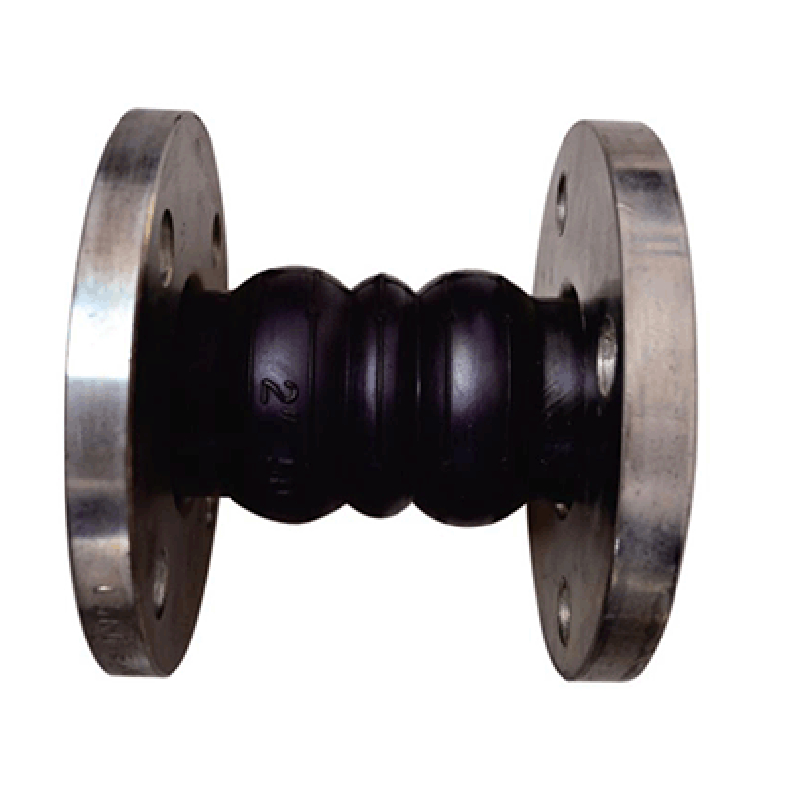Nov . 07, 2024 12:45 Back to list
Ductile Iron Check Valve Applications and Benefits in Industrial Systems
Ductile Iron Check Valves Essential Components for Efficient Fluid Management
In the realm of fluid management and control systems, check valves play a crucial role in ensuring the unidirectional flow of liquids and gases. Among the various materials used in their construction, ductile iron has emerged as a preferred choice due to its remarkable properties and benefits. This article delves into ductile iron check valves, exploring their characteristics, applications, advantages, and maintenance considerations.
Understanding Ductile Iron
Ductile iron, also known as nodular cast iron, is a type of iron alloy that exhibits enhanced ductility and toughness compared to traditional cast iron. It is produced by adding small amounts of magnesium during the casting process, which transforms the carbon structure into spherical nodules instead of flakes. This transformation significantly improves the mechanical properties of the material, allowing it to withstand higher stress and strain. Consequently, ductile iron check valves can endure rigorous operating conditions, including high pressure and temperature variations.
The Role of Check Valves
Check valves are a vital component in various plumbing and industrial applications. Their primary purpose is to prevent backflow, ensuring that fluids only flow in one direction. This is essential in preventing contamination, protecting pumps from damage, and maintaining system efficiency. Ductile iron check valves are particularly advantageous due to their durability and reliability in diverse environments.
Applications of Ductile Iron Check Valves
Ductile iron check valves are widely used in numerous applications across different industries. Some of the primary fields include
- Waterworks In municipal water supply systems, these valves help maintain the flow direction in pipelines, safeguarding water quality and system integrity.
- Wastewater Treatment Ductile iron check valves are essential in managing the flow of wastewater, preventing backflow that could lead to contamination.
- Mining and Mineral Processing In mining operations, the robust nature of ductile iron ensures reliable performance under harsh conditions, whether in slurry transport or water management systems.
- Power Generation These check valves are used in various parts of power plants, including cooling water systems and steam systems, where reliable operation is crucial.
- Petrochemical Industry Ductile iron check valves are commonly found in pipelines transporting crude oil, natural gas, and various chemicals, where they help ensure safety and efficiency.
Advantages of Ductile Iron Check Valves
ductile iron check valve

1. Strength and Durability Ductile iron is known for its superior tensile strength, making it an ideal material for check valves that need to withstand harsh environments. This durability translates to a longer lifespan and reduced replacement frequency.
2. Corrosion Resistance Many ductile iron check valves are coated with protective layers, enhancing their resistance to corrosion. This is particularly important in applications where exposure to aggressive fluids is a concern.
3. Ease of Maintenance Ductile iron check valves are designed for ease of maintenance. Their robust construction allows for straightforward installation and efficient inspection and replacement when necessary.
4. Temperature Resilience Ductile iron can retain its mechanical properties over a broad temperature range, ensuring reliable operation in high-temperature applications often found in industrial settings.
5. Cost-Effectiveness Although the initial cost may be slightly higher than other materials, the longevity and reduced maintenance costs of ductile iron check valves ultimately lead to significant savings.
Maintenance Considerations
While ductile iron check valves are designed for durability, regular maintenance is essential to ensure optimal performance. Key maintenance practices include
- Regular Inspections Periodic checks for signs of wear, corrosion, or obstruction are crucial. This helps identify potential issues before they escalate.
- Cleaning Accumulated debris can hinder valve function. Routine cleaning of the valve interior ensures smooth operation.
- Gasket Replacement Over time, gaskets can degrade. Regularly replacing gaskets can prevent leaks and maintain sealing efficiency.
- Lubrication If applicable, maintaining proper lubrication of moving parts helps reduce friction and prolongs the valve's service life.
Conclusion
Ductile iron check valves represent a robust and reliable solution for managing fluid flow across various industries. With their impressive strength, corrosion resistance, and ease of maintenance, they are indispensable in maintaining the efficiency and safety of fluid management systems. As industries continue to evolve, the role of ductile iron check valves will remain fundamental in ensuring the effective and sustainable use of our vital resources.
Share
-
Reliable Wafer Type Butterfly Valves for Every IndustryNewsJul.25,2025
-
Reliable Flow Control Begins with the Right Ball Check ValveNewsJul.25,2025
-
Precision Flow Control Starts with Quality ValvesNewsJul.25,2025
-
Industrial Flow Control ReliabilityNewsJul.25,2025
-
Engineered for Efficiency Gate Valves That Power Industrial PerformanceNewsJul.25,2025
-
Empowering Infrastructure Through Quality ManufacturingNewsJul.25,2025